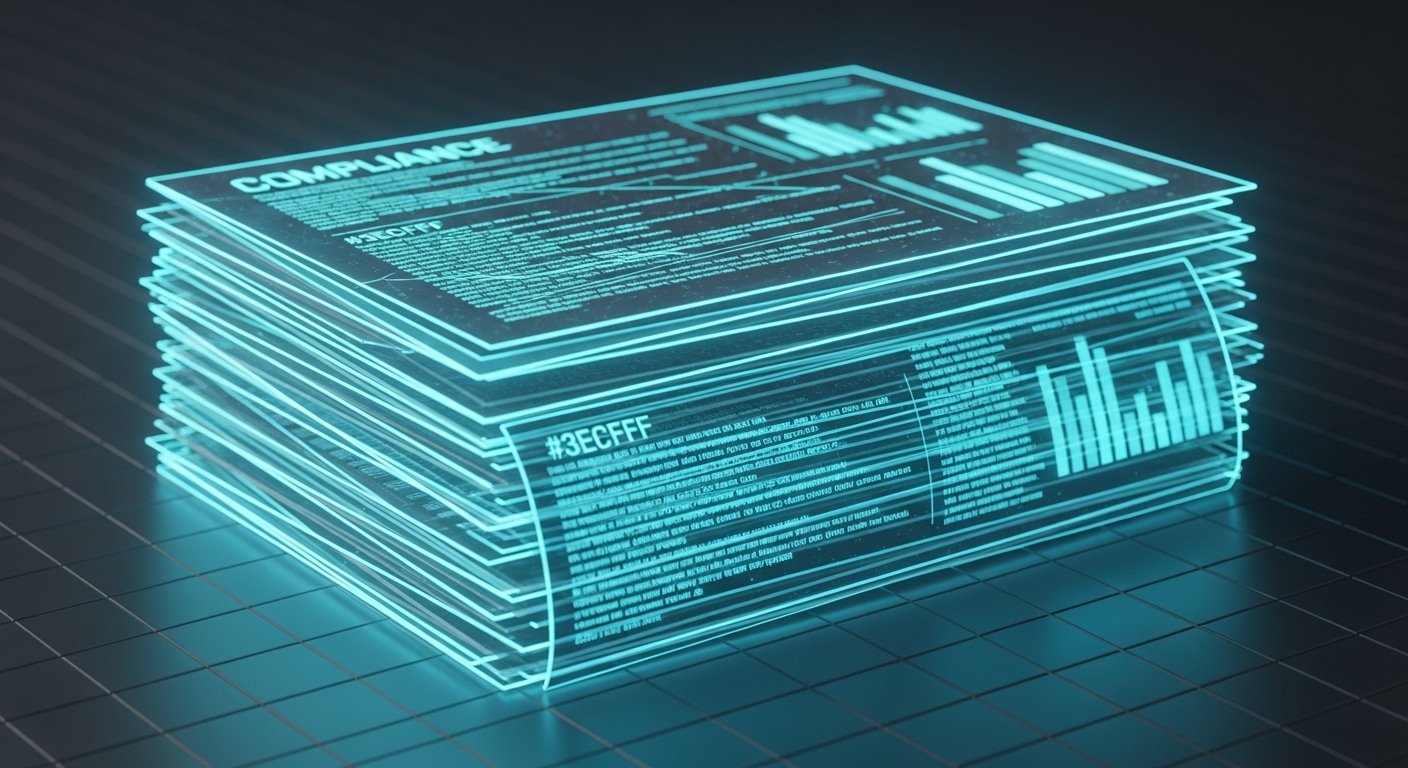
What are the Essential Customs Clearance Documents You Need?
Customs Clearance

The success of your international shipments hinges on one crucial factor— Proper Customs Clearance Documents. Without them, your goods can face delays, fines, and complications that disrupt your business.
In a previous article, we explained what customs clearance means in international trade and why it matters for importers. Now, let’s dive into the specific documents required to meet import regulations and ensure your shipments move smoothly across borders.
Importance of Customs Clearance Documents
Customs Clearance Documents play a vital role in the import and export process. They provide evidence of the origin, nature, and value of the goods being transported and help authorities assess the applicable duties, taxes, and tariffs.
Failing to provide the required documentation can result in delays, penalties, or even legal consequences. Therefore, it is crucial to understand the importance of the documents and ensure they are in order before shipping your goods.
Documents are Required For Customs Clearance
When importing goods, you need to provide several essential documents for customs clearance. These documents include the following:
Commercial Invoice
A commercial invoice is a vital document in international trade that details all the items being sold. This commercial invoice document clearly outlines the price, quantity, and description of each product to prevent extra fees or valuation disputes. Customs authorities rely on this information to accurately assess the shipment’s value and nature.
Packing List
The packing list is another essential document, providing a thorough breakdown of the shipment’s contents. This packing list document specifies how goods are packed, the number of boxes or containers, and the contents of each, giving customs officials the clarity needed to verify the shipment quickly and accurately.
Bill of Lading/Airway Bill
Additionally, a shipment receipt serves as a critical contract between the seller and the carrier, confirming that the goods have been dispatched. For sea shipments, a Bill of Lading document is used, while an Airway Bill applies to air shipments. These instruments ensure that essential shipping records are issued and maintained, proving the goods are in transit and enabling tracking throughout the journey.
Certificates of Origin
A certificate of origin shows where the goods were made. Some countries require this document to determine how much tax or duty needs to be paid. It’s important for products coming from countries with special trade agreements.
Licenses or Permits
Certain goods, like chemicals, medicines, or other controlled items, need special licenses or permits before they can be imported. These documents show that the shipment complies with regulations for controlled items.
Other Documents
Depending on the type of goods you are importing, you might need additional documents like:
Health Certificates (for food or medical products)
Inspection Reports (confirming the quality or safety of goods)
Certificates of Conformity (confirming products’ safety standards)
Frequently Asked Questions
It can be done in Melbourne by licensed customs brokers or freight forwarders who have the necessary expertise and knowledge in dealing with customs regulations and procedures. These professionals specialize in managing and facilitating the import and export of goods, ensuring compliance with the customs laws and regulations of Australia.
Licensed customs brokers have extensive experience in preparing and submitting the necessary documentation to the Australian Border Force (ABF) on behalf of their clients. They have a thorough understanding of the customs tariff schedule, duty rates, and any applicable import restrictions or permits that may be required for specific commodities.
Freight forwarders, on the other hand, offer a broader range of services. They act as intermediaries between exporters and importers, coordinating the transportation and logistics of goods. Freight forwarders often partner with licensed customs brokers to handle the clearance process.
Customs clearance in the UK ensures that imported or exported goods comply with regulations and requirements. The process involves:
Submitting Documents: Provide essential documents such as the commercial invoice, packing list, and any relevant permits or licenses.
Paying Duties and Taxes: Pay customs duties, value-added tax (VAT), and excise duties based on the goods’ classification and declared value.
Inspections: Customs authorities may inspect the goods to verify they match the documentation and check for prohibited or restricted items. This may include physical examinations.
Releasing Goods: After clearance, the goods can be released for further transportation or delivery. If discrepancies are found, additional documentation or corrective actions may be required.
For example, a company importing electronic components from China would submit the required documents, pay the relevant duties and VAT, and undergo inspections before the components are released for delivery to their warehouse. Overall, customs clearance ensures compliance and smooth movement of goods.
Customs clearance in Russia can be slow due to several factors:
Bureaucratic Complexity: The customs process in Russia involves strict regulations and extensive documentation, often leading to delays as multiple inspections and approvals are required.
Corruption: High levels of corruption, including bribery and favoritism, can exacerbate delays as individuals or businesses may attempt to expedite clearance through illicit means.
Outdated Systems: The lack of automation and reliance on outdated technology contribute to inefficiencies and slow processing times.
Geographical Challenges: Russia’s vast territory and high volume of cross-border trade can overwhelm customs authorities, leading to further delays.
For example, if a company in Germany ships goods to Russia, the clearance process could be prolonged due to these issues, impacting supply chains and increasing costs. Overall, bureaucratic hurdles, corruption, outdated systems, and geographical factors contribute to the slow customs clearance in Russia.
